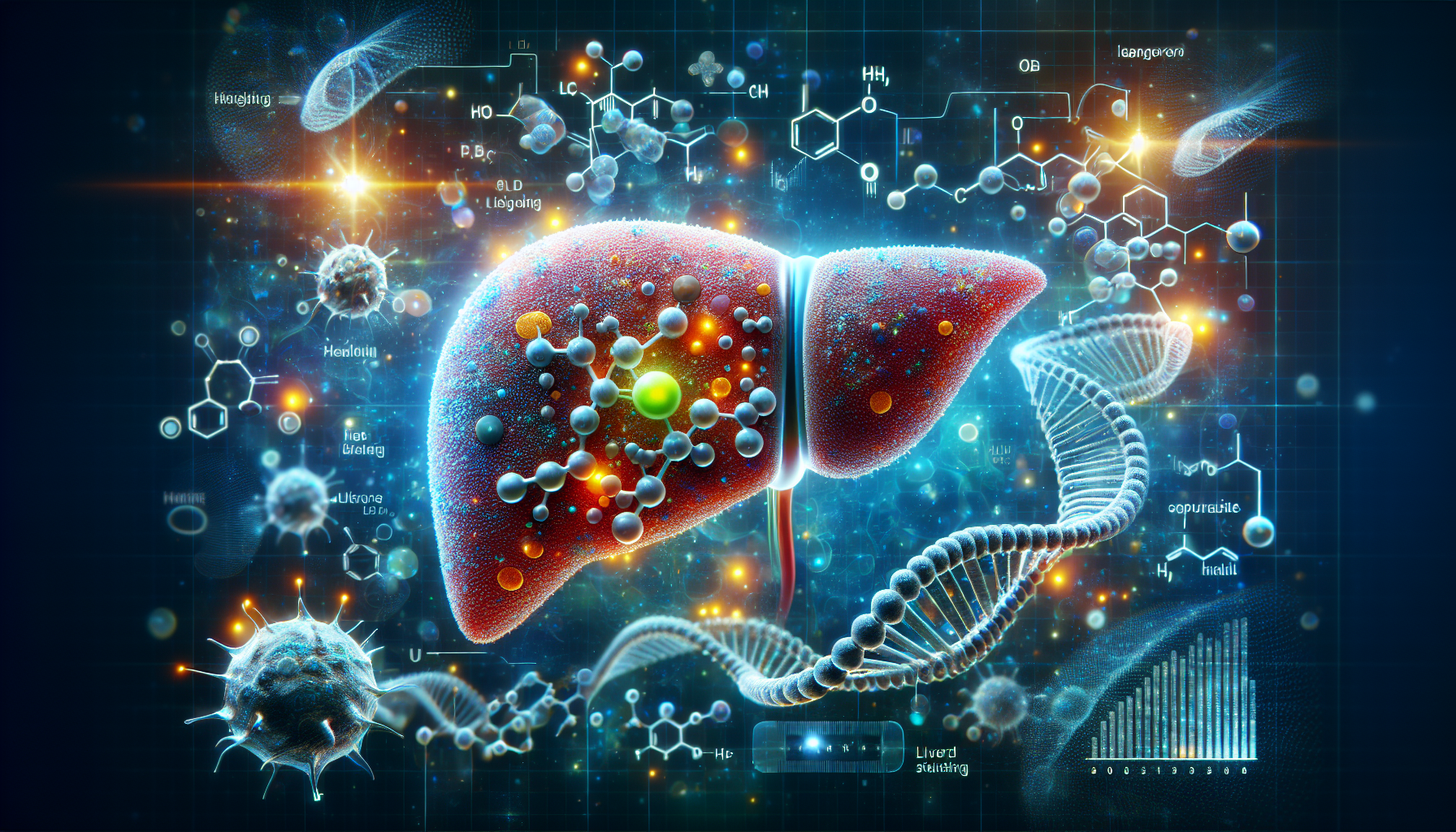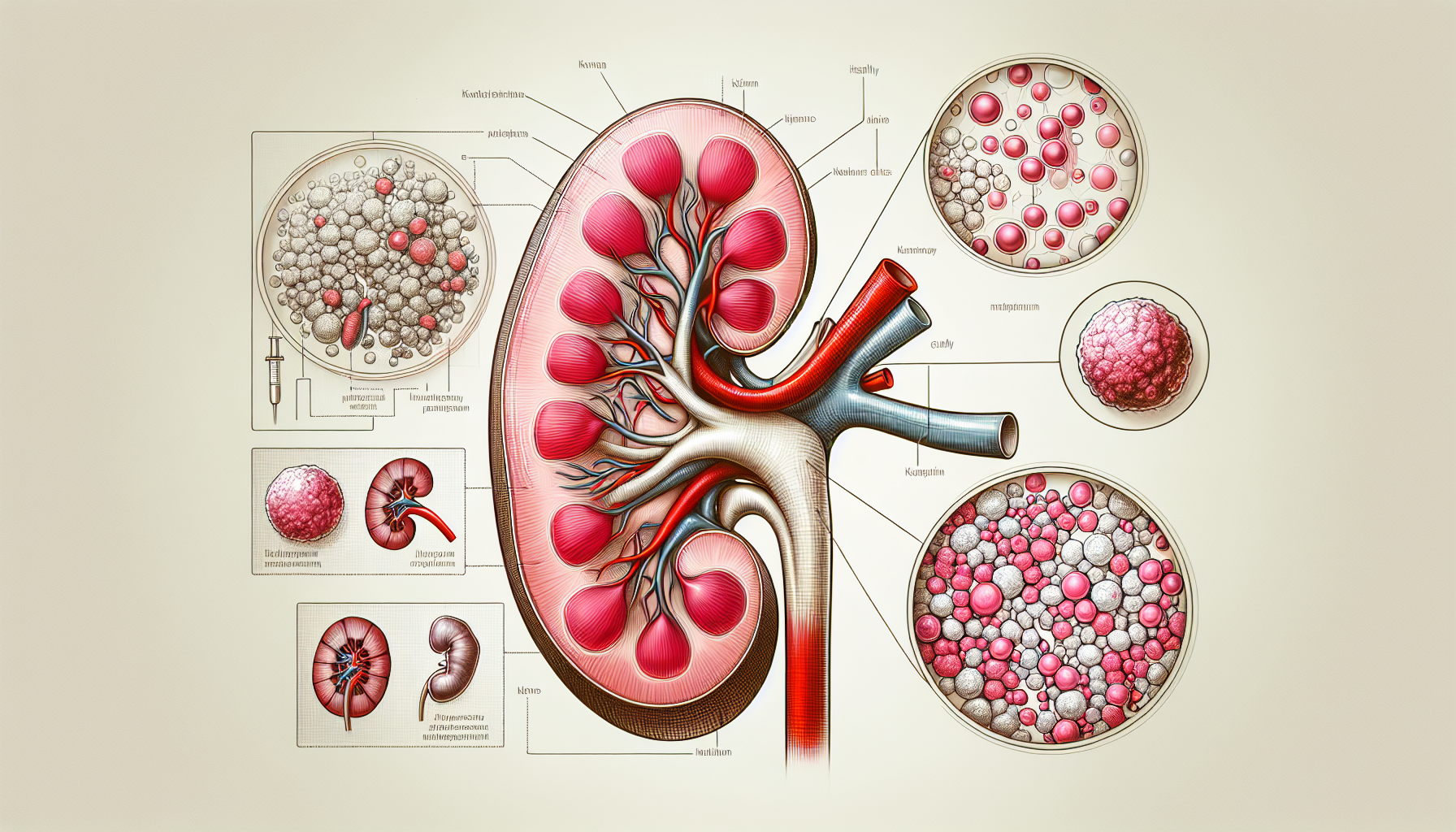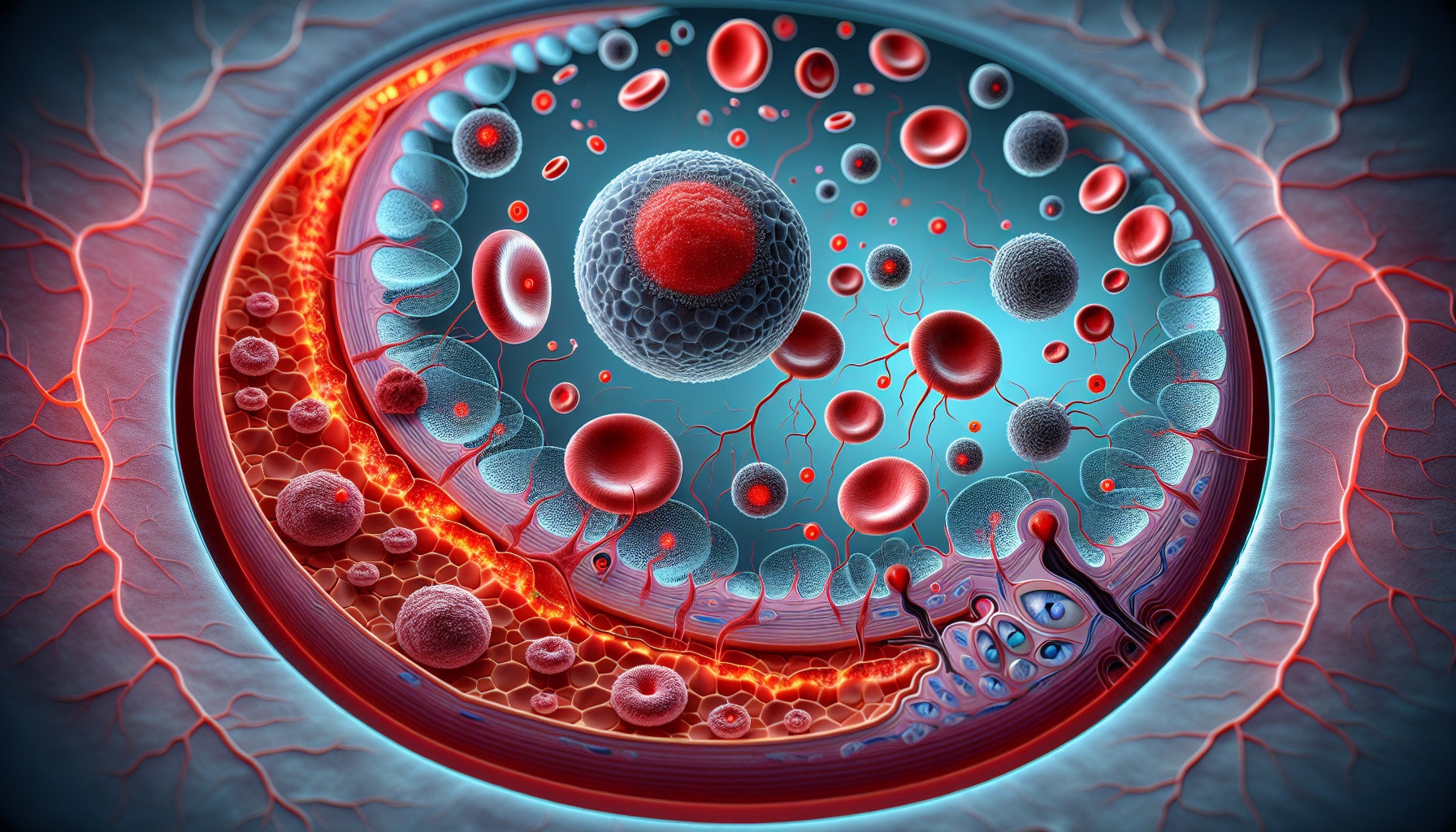Revolutionizing Early Detection of Liver Cancer in Hepatitis C Patients with New Biomarker Model
Key Takeaways
- The CK-HCC score model, incorporating multiple biomarkers, has demonstrated superior diagnostic accuracy in detecting early-stage HCC in hepatitis C patients compared to AFP alone.
- This new non-invasive diagnostic tool could significantly improve early detection and treatment outcomes for liver cancer in high-risk patients, especially those with HCV-related cirrhosis.
- Further research is needed for validation and integration into clinical practice, indicating the need for continuous innovation in medical diagnostics.
Did You Know?
Introduction to Hepatocellular Carcinoma and Hepatitis C
Hepatocellular carcinoma (HCC) is the most prevalent form of primary liver cancer, often developing in individuals with chronic liver conditions such as cirrhosis, primarily due to viral hepatitis infections. Early detection of HCC is crucial as it significantly enhances the effectiveness of treatment options and improves patient survival rates. Hepatitis C virus (HCV) is a major risk factor for developing liver cirrhosis and subsequent HCC.
The Need for Improved Diagnostic Methods
Traditionally, alpha-fetoprotein (AFP) has been used as a biomarker for detecting HCC, but its effectiveness is limited, especially in distinguishing early-stage tumors from cirrhosis. This limitation necessitates the development of more precise and sensitive diagnostic tools to identify HCC at an early stage, thereby improving treatment outcomes.
Introducing the CK-HCC Score
Researchers have developed a new diagnostic model called the CK-HCC score, which integrates several biomarkers including cytokeratin 18 (CK18), cytokeratin 19 (CK19), albumin, platelet count, and AFP. This model aims to enhance the accuracy of HCC detection in patients with HCV.
Study Design and Implementation
A study was conducted involving patients with liver cirrhosis and HCC, alongside a control group of healthy individuals. Blood samples were collected to measure the levels of the specified biomarkers. The effectiveness of the CK-HCC score was evaluated by comparing its diagnostic performance against AFP alone using statistical methods such as receiver operating characteristic (ROC) curves.
Advantages of the CK-HCC Score
The CK-HCC score demonstrated superior diagnostic performance compared to AFP alone, showing higher sensitivity and specificity in distinguishing HCC from cirrhosis. This model provides a non-invasive alternative to liver biopsy, which is particularly beneficial for patients at high risk of liver cancer.
Implications for Clinical Practice
The introduction of the CK-HCC score could significantly change the landscape of HCC screening, especially for patients suffering from HCV. By enabling earlier and more accurate detection of liver cancer, the CK-HCC score supports timely and potentially life-saving treatments.
Future Directions
Further research is needed to validate the CK-HCC score across larger and more diverse patient populations. Additionally, integrating this model into routine clinical practice will require training and adjustments in current diagnostic protocols.
Conclusion
The CK-HCC score represents a promising advancement in the early detection of hepatocellular carcinoma among hepatitis C patients. It underscores the importance of continuous innovation in medical research to improve diagnostic tools and patient outcomes in oncology.






